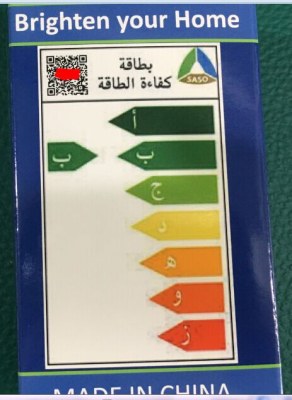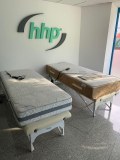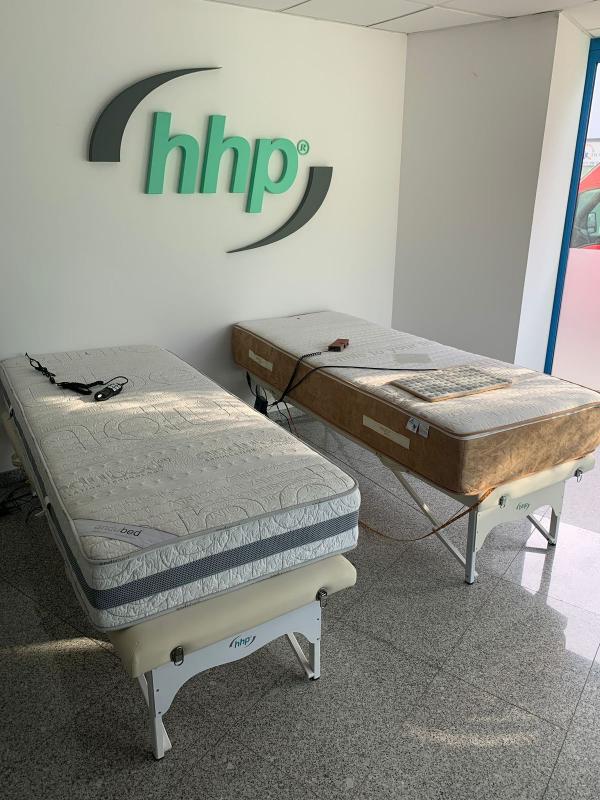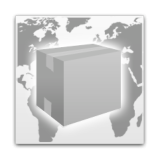In recent years, the export value of lighting products has been increasing, and domestically exported lighting products are spread all over the world. However, no matter which country or manufacturer needs to export the lamps to which country, the first consideration is whether the production standards of the lamps meet the relevant standards of the exporting countries.
1. On June 8, 2018, the Saudi Standards Measurement and Quality Organization (SASO) issued Resolution No. 164 in the Official Gazette.
The resolution specifically states that lighting products are subject to the energy efficiency, functionality and labeling requirements of the Saudi Standard SASO 2870/2015. Part I is voluntary, so the mandatory requirements of the standard have been removed. The resolution also approved Part II of SASO 2902/2018, which is the same as Part I, and is also a voluntary standard.
2.the EER standard publication of lighting products
SASO has officially released Part 2 of the EER standard for lighting products SASO 2902: 2018,
The scope of SASO 2902 includes:
a. Control device;
b. Luminaires with luminous flux higher than 60 lumens
c, integrated lighting (with non-replaceable lamps)
3. SASO has not officially announced the actual implementation date
Although the standard stipulates that the implementation of the maximum energy efficiency index value should begin within six months after the publication date (ie, implementation begins on December 8, 2018), SASO has not officially announced the actual implementation date.
Now, LED companies that need to export their lighting products to Saudi Arabia need to pay attention. According to relevant reports, the Saudi Standard Metrology Quality Organization and the Saudi Energy Efficiency Center issued a new technical regulation for lighting products on February 10 this year. This regulation is called “SASO2870/2015 – Energy Efficiency, Functionality and Labeling Requirements for Lighting Products”. This regulation applies to foreign imported and domestically produced lighting products and will take effect on May 1, 2016.
The Act clarifies the requirements for energy efficiency, functions, labels, hazardous chemicals and energy efficiency labels for statutory lighting products. From May 1st, 2016, all lighting products within the scope of control will be checked by the customs when the goods are shipped to the customs for energy efficiency certification and qualified energy efficiency labels. The technical regulations include directional and non-directional incandescent lamps, halogen lamps, self-ballasted fluorescent lamps (energy-saving lamps), and light-emitting diode (LED) lamps with luminous fluxes between 60-12,000 lumens.
However, in fact, daily necessities and products exported to Saudi Arabia require SASO certification. SASO refers to the Saudi Arabian Standards Organization, which is responsible for the development of national standards for all commodities and products, as well as the design of measurement systems and logos. Many of the SASO standards are based on the safety standards of national organizations such as the International Electrotechnical Commission. At the same time, Saudi Arabia has added unique projects to its domestic civil and industrial voltage, geography, climate, ethnic and religious practices. The Saudi Arabian Ministry of Industry and Commerce, SASO requires all SASO certification standards to include products that must hold a SASO certification when entering Saudi Customs. Otherwise the product will be refused entry by the Saudi port customs. I believe that the above-mentioned "SASO2870/2015 - Energy efficiency, function and labeling requirements for lighting products" is a supplement to SASO certification, and companies that export products to Saudi Arabia should pay special attention.
In addition, lighting products exported to other countries in the Middle East need to pass corresponding certification, such as: Israel: Passed SII certification; UAE: Certified by ESMA: Jordan: Compulsory certification issued by the Jordan Standards Agency (JSMO). LED lamps, general household lamps, fluorescent lamps, energy efficiency labels reference standard EU 874/2012. Egypt: The Egyptian Ministry of Trade and Industry has introduced new regulations, and manufacturers of Egyptian exports must register with the Egyptian General Administration of Import and Export Control (GOEIC). For those who have not completed the registration, Ai Customs will not release the products. The regulations will come into effect on March 1, 2016.
Localisation : 1F., Xingyuan Industrial Park, Tongda Road, Bao'an Blvd.,Bao'an District, Shenzhen, Guangdong, China, 518000 Shenzhen, China, 518000 SHENZHEN,
Personne à contacter : Liz Cheung, +13 1 29 20 65 15










